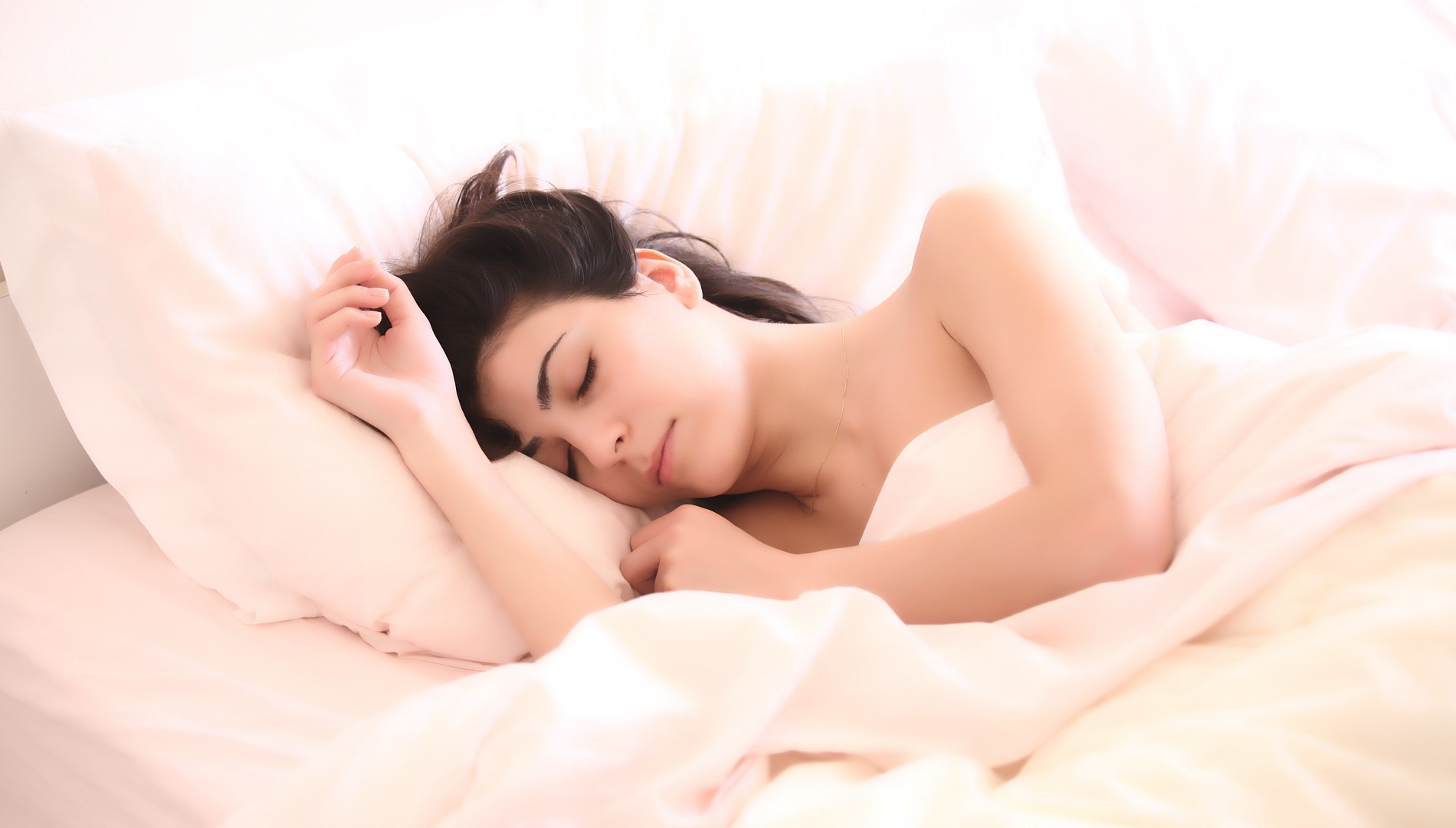Insomnia: Causes, Types, and Effective Home Remedies
It is estimated that 1 in 3 people have insomnia, which means either having difficulty falling asleep or staying asleep. It can be triggered by various lifestyle and mental factors.
Insomnia affects people differently based on the severity of sleep deprivation. It can lead to irritability, reduced concentration, impaired decision-making, and a higher risk of accidents. Chronic insomnia can also contribute to health issues such as weakened immunity, poor memory, and increased vulnerability to illness.
Natural remedies and lifestyle changes can help alleviate insomnia alongside medical treatments.
Causes of Insomnia
Common causes of insomnia include:
- Stress and Anxiety: These are leading contributors to insomnia, as the brain stays active and alert when you're under pressure.
- Hormonal Imbalances: Hormonal changes, particularly during menopause or menstruation, can disturb sleep patterns.
- Medical Conditions: Chronic pain, asthma, or acid reflux can make sleeping hard. Additionally, depression and anxiety often go hand-in-hand with sleep issues.
- Substance Use: Caffeine, alcohol, nicotine, and certain medications can all interfere with sleep cycles.
Types of Insomnia
- Acute Insomnia: Short-term insomnia that lasts from a few days to a few weeks, usually caused by stress, travel, or sudden changes in routine.
- Chronic Insomnia: Long-term sleep disruption occurring at least three nights a week for a month or more. It can lead to a wide range of health issues, including cognitive impairments, mood swings, and accidents.
When to Seek Medical Help
If insomnia persists for more than a month or is severely affecting your daily life, it's essential to consult a healthcare provider. They can evaluate for underlying conditions such as sleep apnea, restless leg syndrome, or chronic anxiety that may require specific treatments.
Home Remedies and Natural Cures for Insomnia
Insomnia is a widespread problem, but you can improve sleep quality with the right combination of lifestyle changes, relaxation techniques, and natural remedies. If home remedies don't provide relief, seeking medical advice can lead to effective treatments tailored to your needs. The journey to better sleep often requires a holistic approach that addresses the mind and body.
Create a Sleep-Inducing Environment
- Keep your bedroom cool, dark, and quiet. Avoid using screens (phones, computers) an hour before bedtime, as blue light can interfere with your body's production of melatonin.
- Essential Oils: Lavender and chamomile essential oils are known for their calming effects. Add a few drops to your pillow or use a diffuser to help induce sleep.
Dietary Adjustments
- Tryptophan-Rich Foods: Foods like turkey, milk, tuna, and bananas are rich in tryptophan, an amino acid that boosts serotonin production. Serotonin helps regulate sleep and mood. Having a small tryptophan-rich snack before bed can aid sleep.
- Avoid Stimulants: Caffeine, nicotine, and alcohol can disrupt your natural sleep cycle, so it's best to avoid them in the hours leading up to bedtime.
Herbal Remedies
- Valerian Root: Valerian is a well-researched herbal remedy that can help improve sleep quality by reducing the time it takes to fall asleep. It's available in tea or supplement form. A typical dose is 300-600 mg before bed.
- Chamomile Tea: Chamomile has long been used as a mild sedative. Drinking chamomile tea 30 minutes before bed may help relax your nervous system and prepare you for sleep.
- Passionflower: Known for its calming effects, passionflower can help improve sleep and reduce anxiety. It can be taken in tea or capsule form.
Relaxation Techniques
- Progressive Muscle Relaxation: This involves tensing and slowly relaxing each muscle group, starting with your toes and working your way up to your head. It can help release physical tension and calm the mind.
- Mindfulness Meditation: Meditation helps calm racing thoughts and reduces stress, making it easier to fall asleep. Apps and guided meditation programs can be helpful for beginners.
Vitamin and Mineral Support
- Magnesium and Calcium: These minerals help relax the muscles and nervous system, promoting better sleep. Magnesium can be taken in supplement form (200-400 mg) or absorbed through a warm Epsom salt bath.
- Vitamin D: A deficiency in vitamin D is linked to poor sleep quality. Ensure you get sufficient sunlight, or consider a vitamin D supplement if you're low on this nutrient.
Establish Regular Sleep Habits
Make a sleep schedule. Going to bed and waking up at the same time every day, even on weekends, will help regulate your body's internal clock. This consistency will make it easier to fall asleep and stay asleep over time.
Light Therapy
If your insomnia is related to disruptions in your circadian rhythm (such as jet lag or shift work), light therapy can help. Exposure to bright light in the morning and avoiding bright light in the evening can reset your body's natural sleep-wake cycle.



